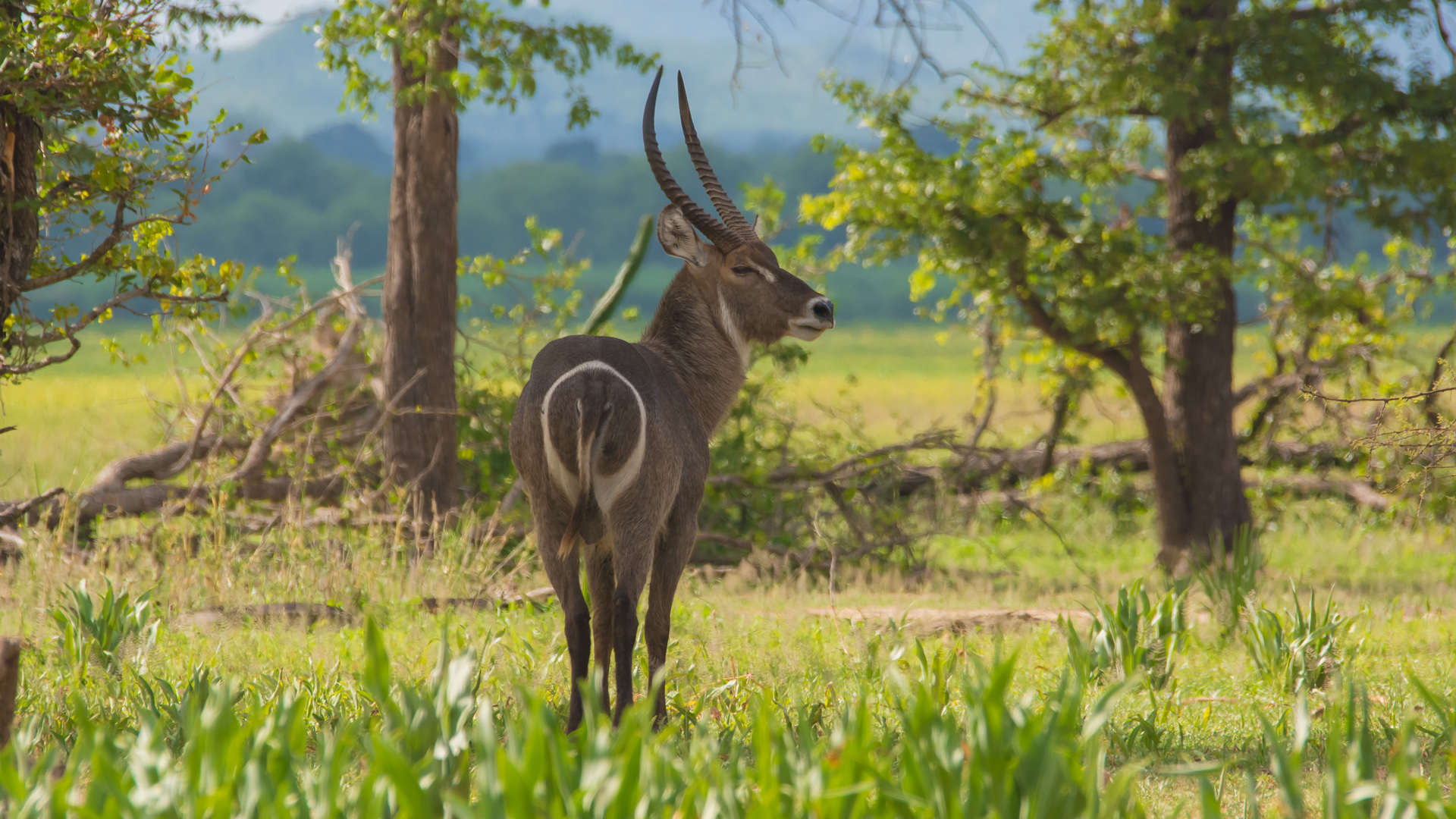
Liwonde National Park
Historical background
Liwonde National Park was named after Traditional Authority Liwonde. The park became famous during the pre colonial period because of its wide range of big game. The old, missionaries and white farmers used to hunt big game for sports and trophies.
Realizing the need to conserve the animals, the Chief proclaimed it a controlled hunting area in 1962. This proclamation was endorsed by the Malawi Government in 1970, which was followed by enactment of Game hunting laws, became Liwonde National park by act of parliament in 1973 and in 1977 the area was extended to the western side and northern side covering the districts of Balaka and Mangochi respectively. The park area is 548Km2.
Natural Resources
In spite of its small size, Liwonde National Park is referred to as the jewel in the Crown in terms of game – viewing. It is perhaps the most popular of all National Parks in Malawi.
The park is easy to access. It is about 100 miles (160 km) north of commercial city of Blantyre and only about 100km from the hotels on the southern shore of Lake Malawi. Additionally, game viewing is enhanced because the River Shire flows along its western border, allowing boat safaris.
Liwonde National Park offers one of the densest concentrations of wildlife in Africa! You will have the opportunity to spot a lot of elephant as the park hosts around 900! The elephant population has grown so much in the past years that it has become hard for them to survive, this is why some of them have been transported to Nkhotakota Wildlife Reserve for what is being called “the biggest elephant translocation in Malawi”.

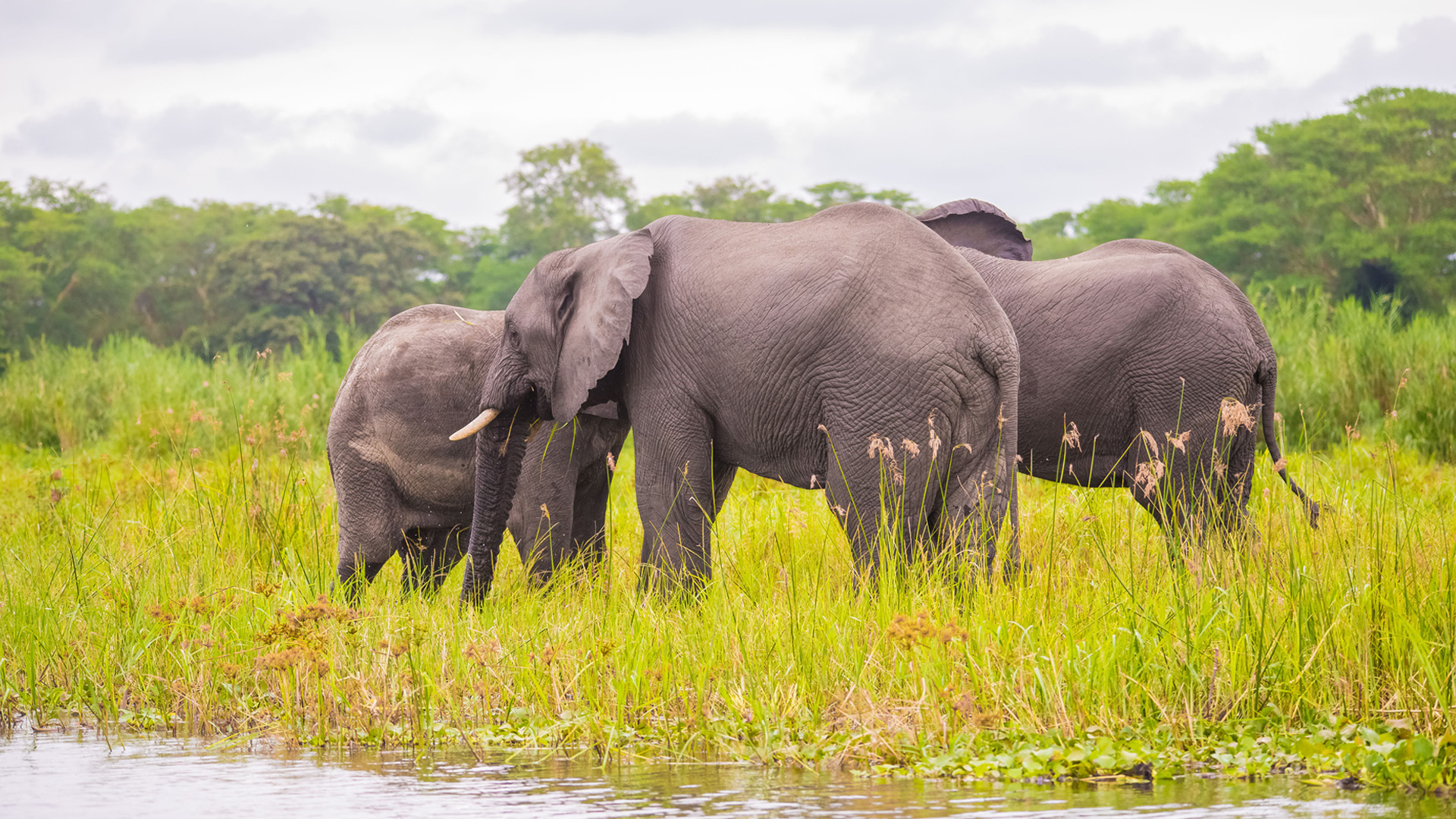
Liwonde National Park has been the home of incredible wildlife translocations and reintroductions, and transformations. When African Parks assumed management of Liwonde, in partnership with the Department of National Parks and Wildlife (DNPW) in 2015, the park was riddled with tens of thousands of wire snares – more snares existed than large animals – and it had some of the highest human-wildlife conflict levels in the region. People were poaching wildlife in the park, and tragically were also being killed by elephants and crocodiles. It was lawless and fraught with challenges.

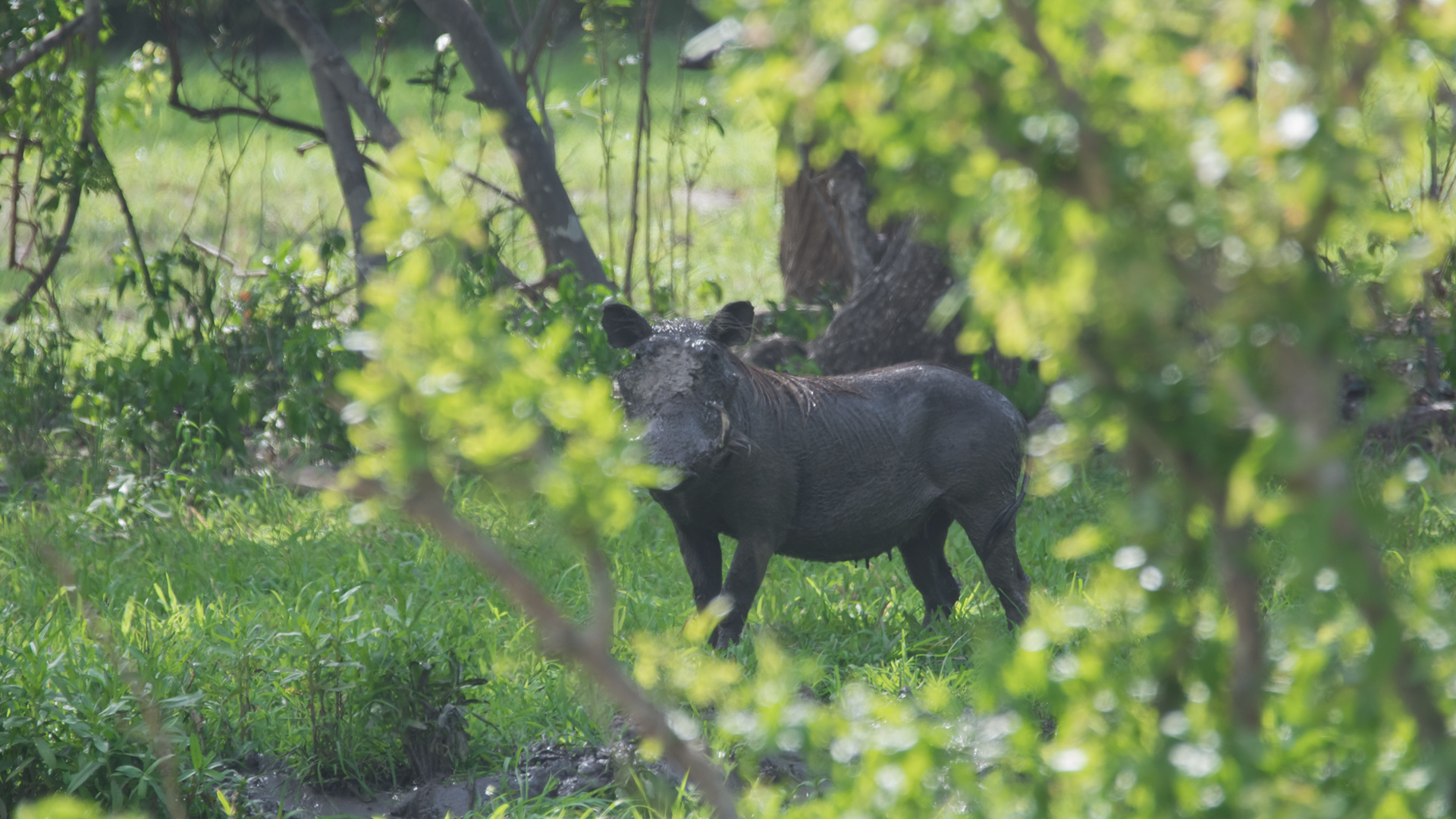
African Parks assumed management of the park and immediately began constructing an electric fence to keep wildlife inside the park and illegal activity out. Just one year later, Liwonde was at the epicentre of one of the largest elephant translocations in history, where a total of 336 elephants were relocated to Nkhotakota Wildlife Reservein Malawi to help restore that reserve. This translocation not only helped reduce pressure on Liwonde’s natural habitats but also helped address the deadly human-wildlife conflict situation. Since 2015, over 36,000 snares have been removed, and poaching has been significantly reduced and is now under control.

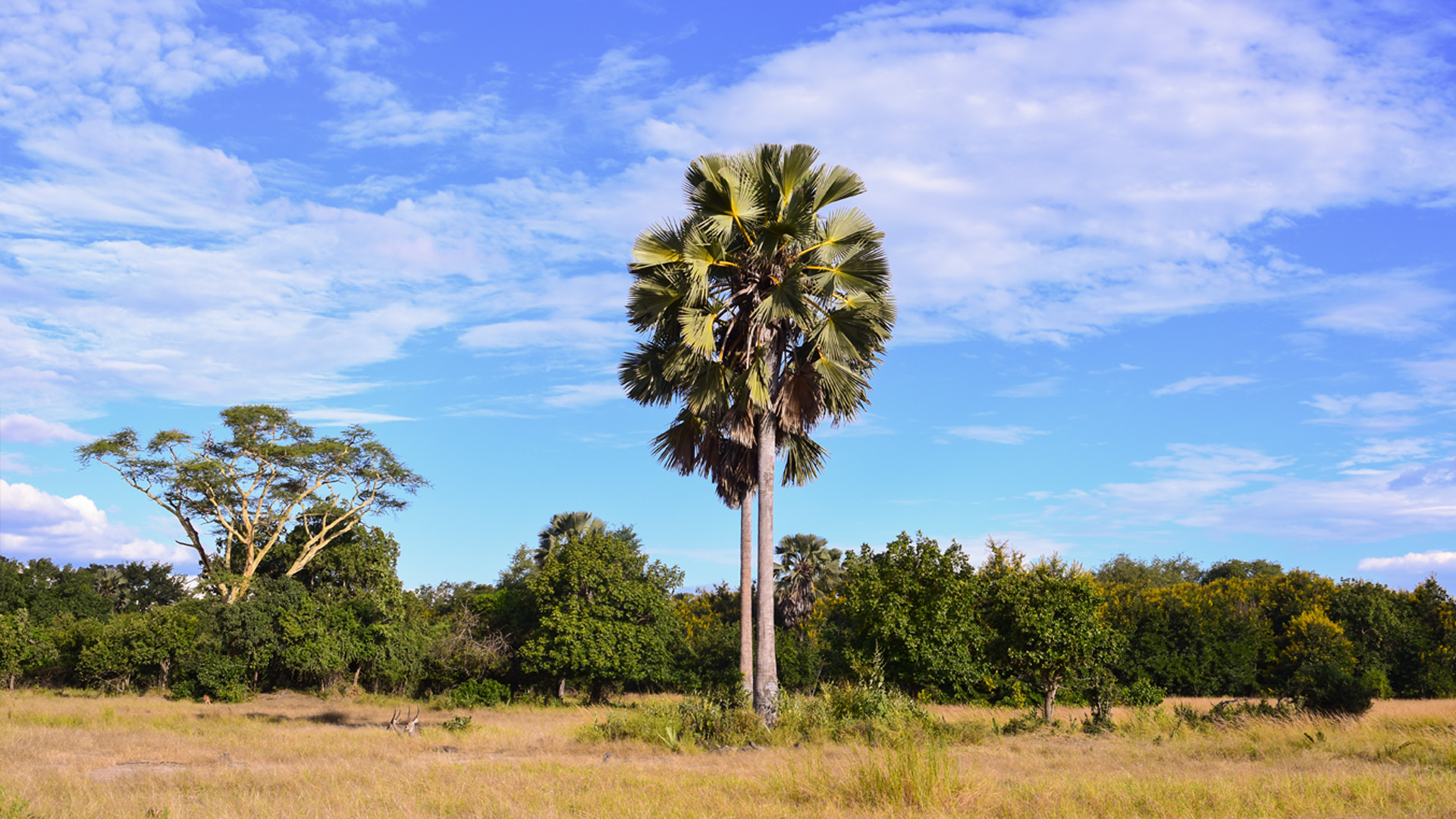
After restoring security to the park, re-establishment of Liwonde’s predator population started. Cheetahs were reintroduced in 2017, bringing the species back to the park after 100 years. A founder population of 10 lions was also reintroduced from Majete Wildlife Reserve and South Africa in 2018. Wildlife populations are on the rise, and so are the number of people who are coming to the park to witness at the revival.

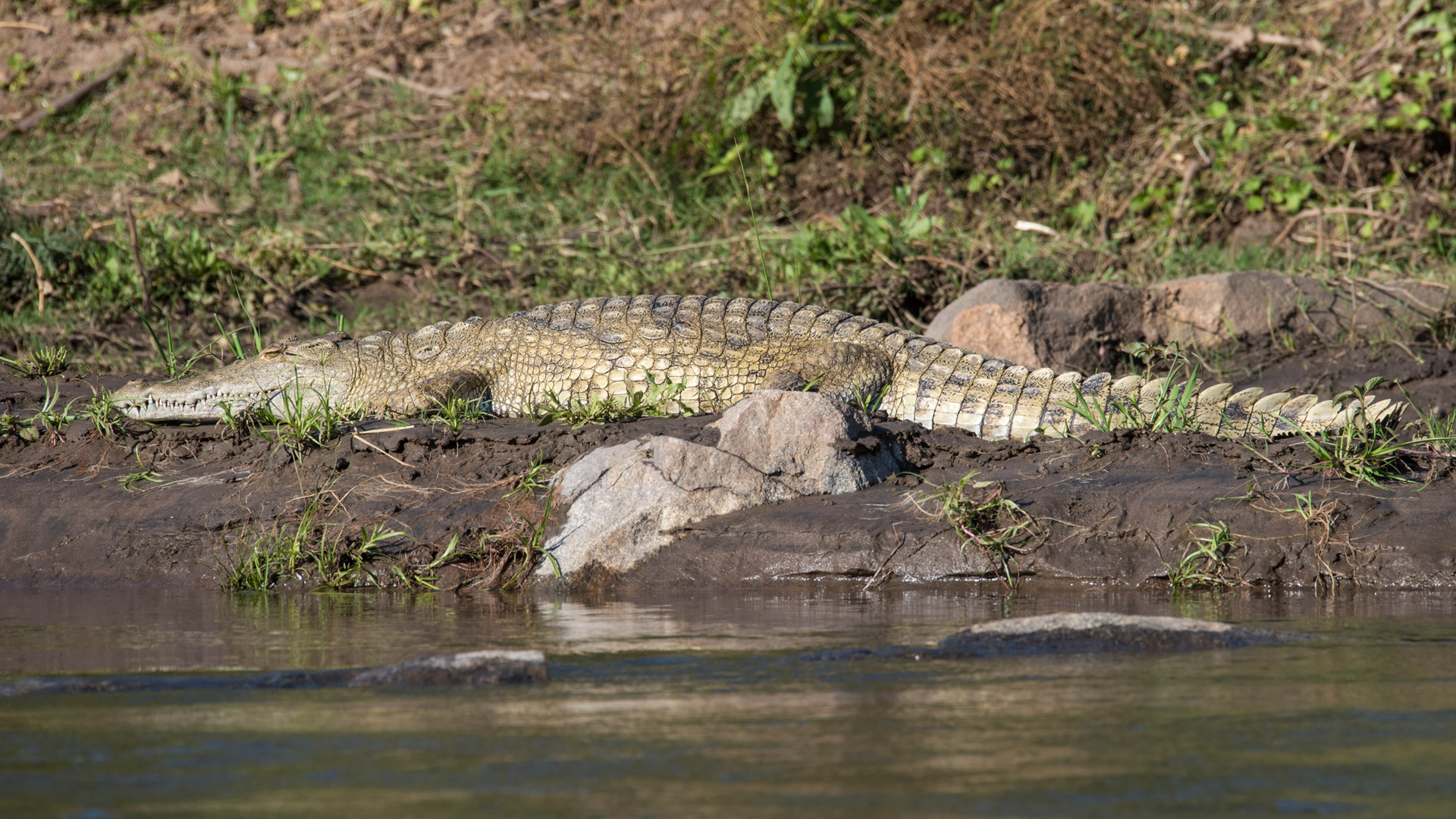
The park is inhabited by hundreds of crocs and hippos, antelope, zebra and buffalo. Liwonde National Park is also a birders paradise with more than 300 different species so there really is something for everyone!

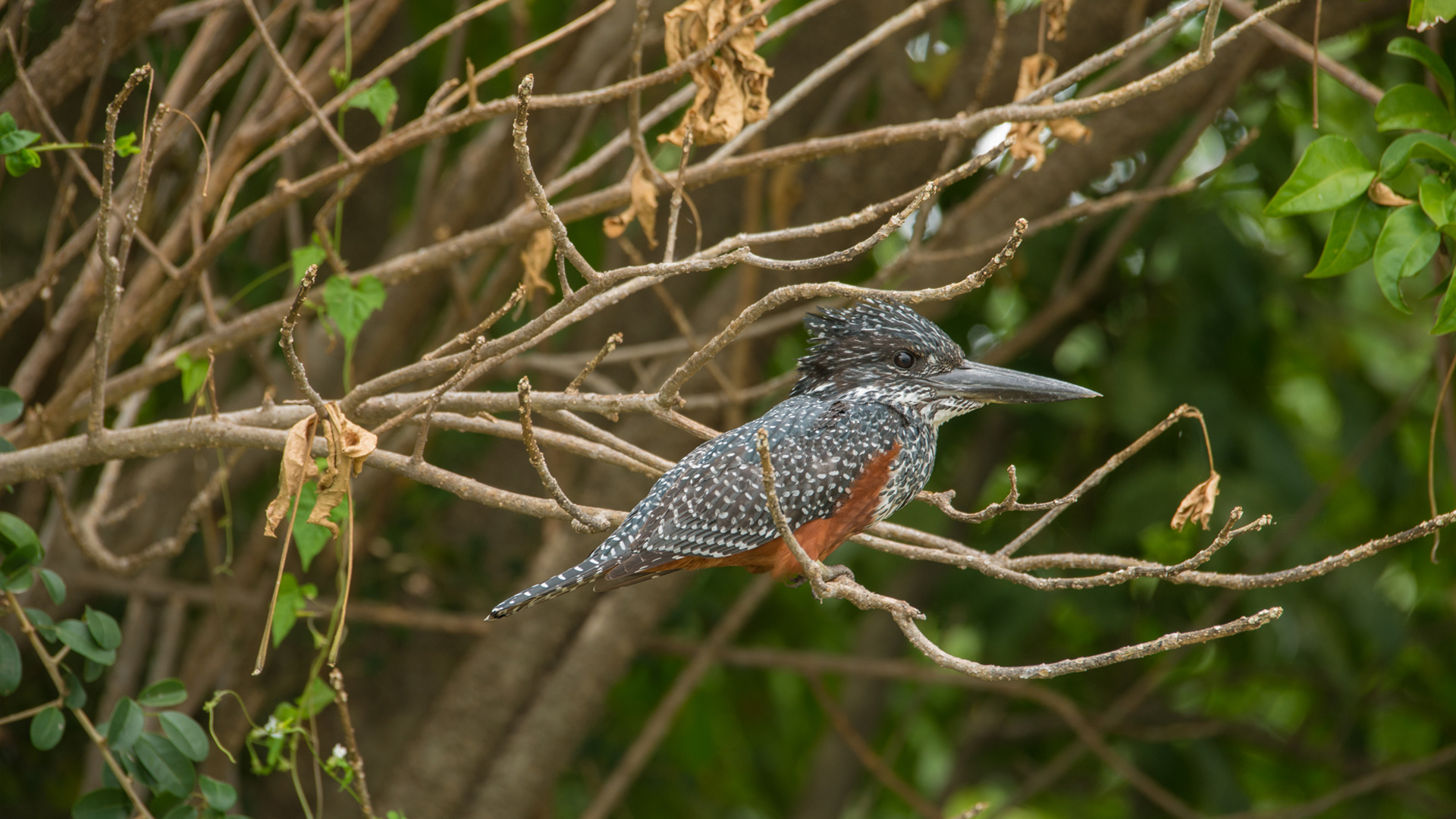
The number of tourists has increased by 25 percent and revenue has increased by 70 percent since 2016. In just two short years, Liwonde has been given a second chance and it is being restored and transformed for the benefit of the wildlife, and for the people who live here.
Liwonde Highlights
The construction and constant maintenance of a new 117 km of electrical perimeter fence has decreased the incidence in human-wildlife conflict, resulting in zero human fatalities since July 2016.
Poaching has been brought under control and more than 36,000 wire snares have been removed.
A ranger training center has been constructed providing a critically needed training ground for rangers in Malawi and on the continent.
336 elephants were translocated to Nkhotakota Wildlife Reserve to repopulate the park, and to reduce habitat degradation and human-elephant conflict in Liwonde.
900,000 people live around Liwonde and depend on natural resources for survival. These communities directly benefit from community development and increased job opportunities that the park provides.
In 2017 seven cheetah, the first to return to Malawi in 20 years, were reintroduced to Liwonde and the population has already doubled with the birth of eight cubs.
In 2018, 10 lion were reintroduced to Liwonde from Majete Wildlife Reserve and South Africa after they were last seen in the park 10 years ago.
Prince Harry joined African Parks’ for the historical elephant translocation as part of the 500 Elephants initiative.
Vegetation
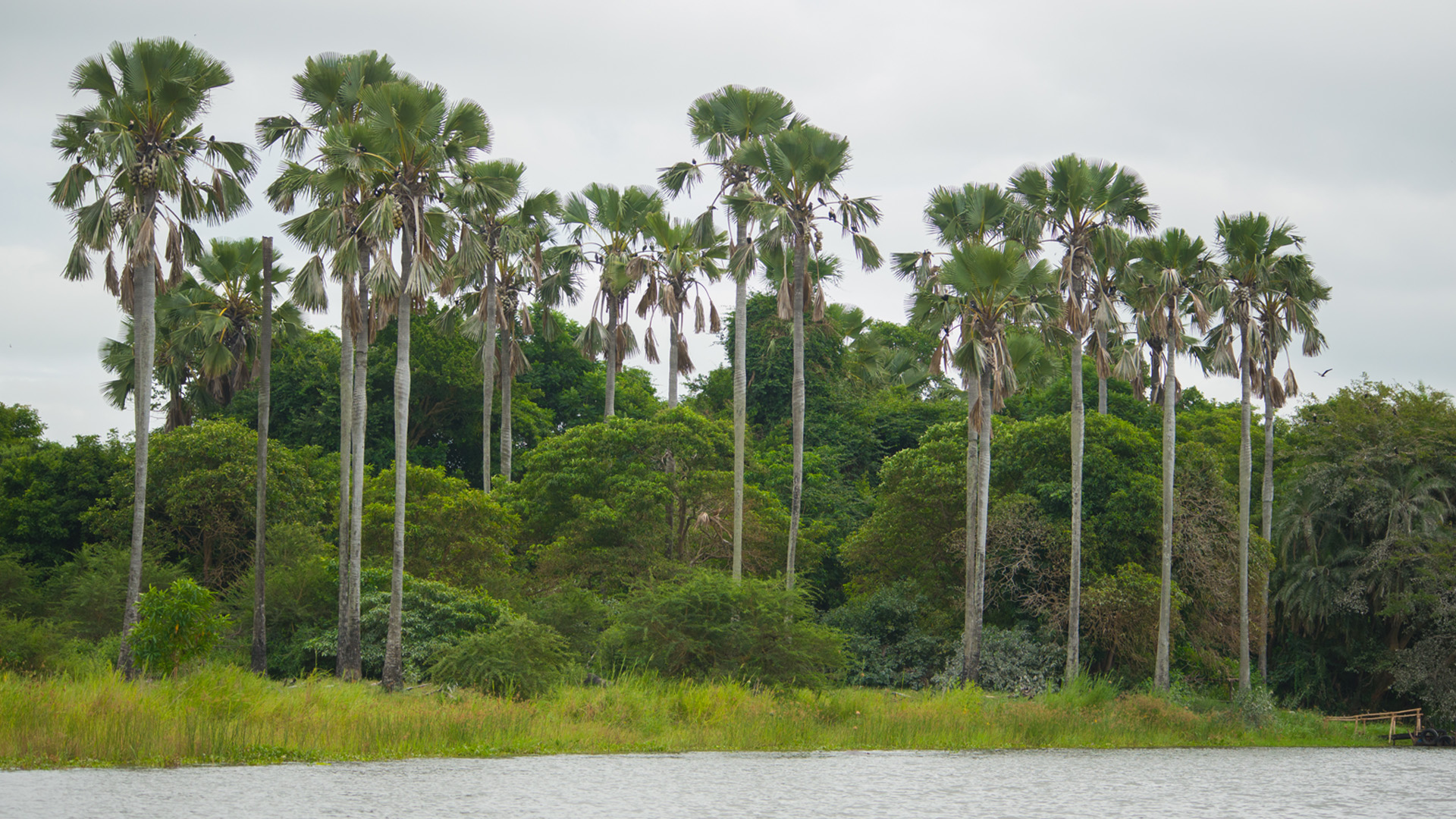
Liwonde National Park displays beautiful scenery all around the park and all year around. The river cuts through the entire park and on its bank palm trees are drawing shadows when the sun is setting.
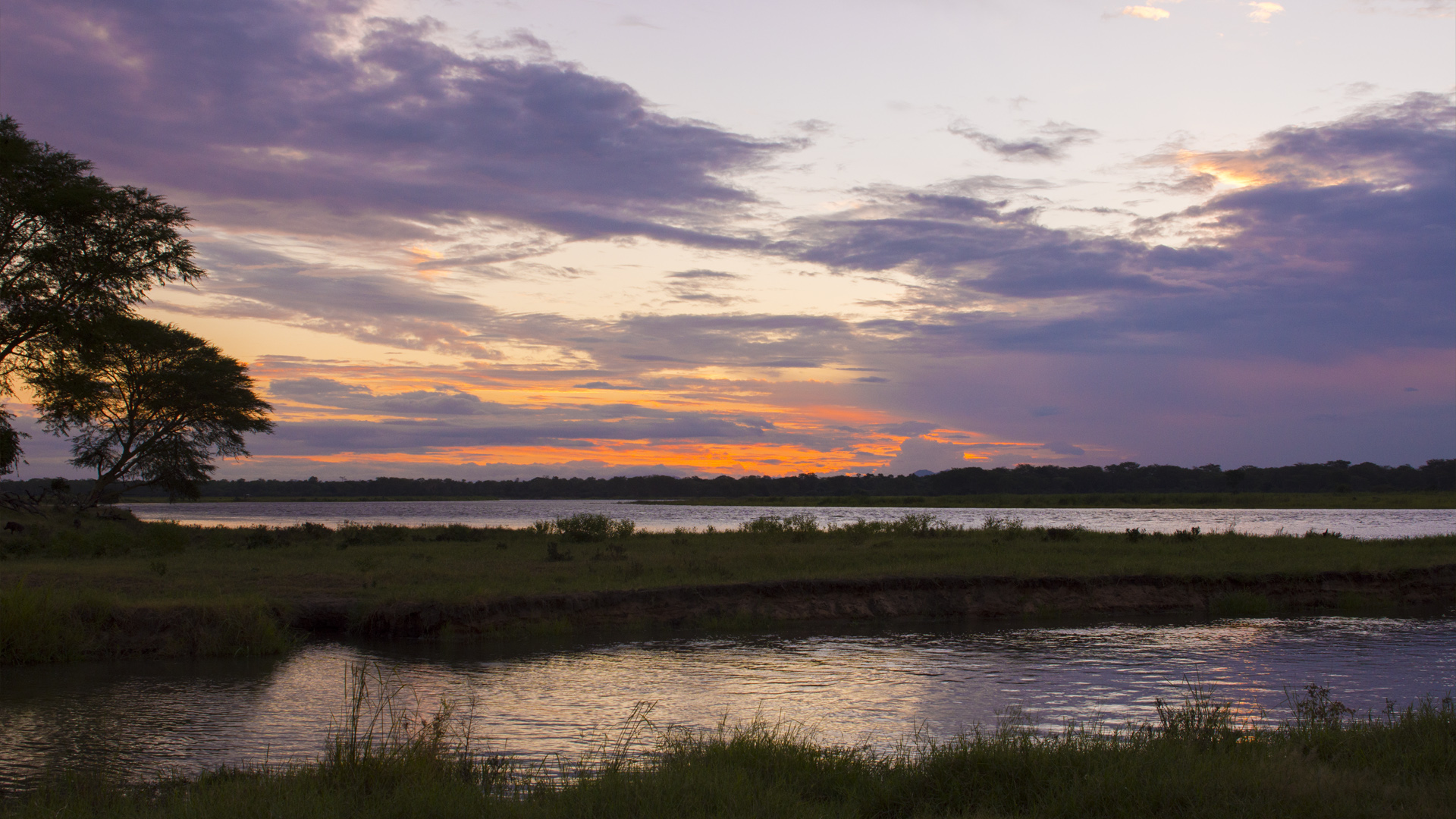
Things to do
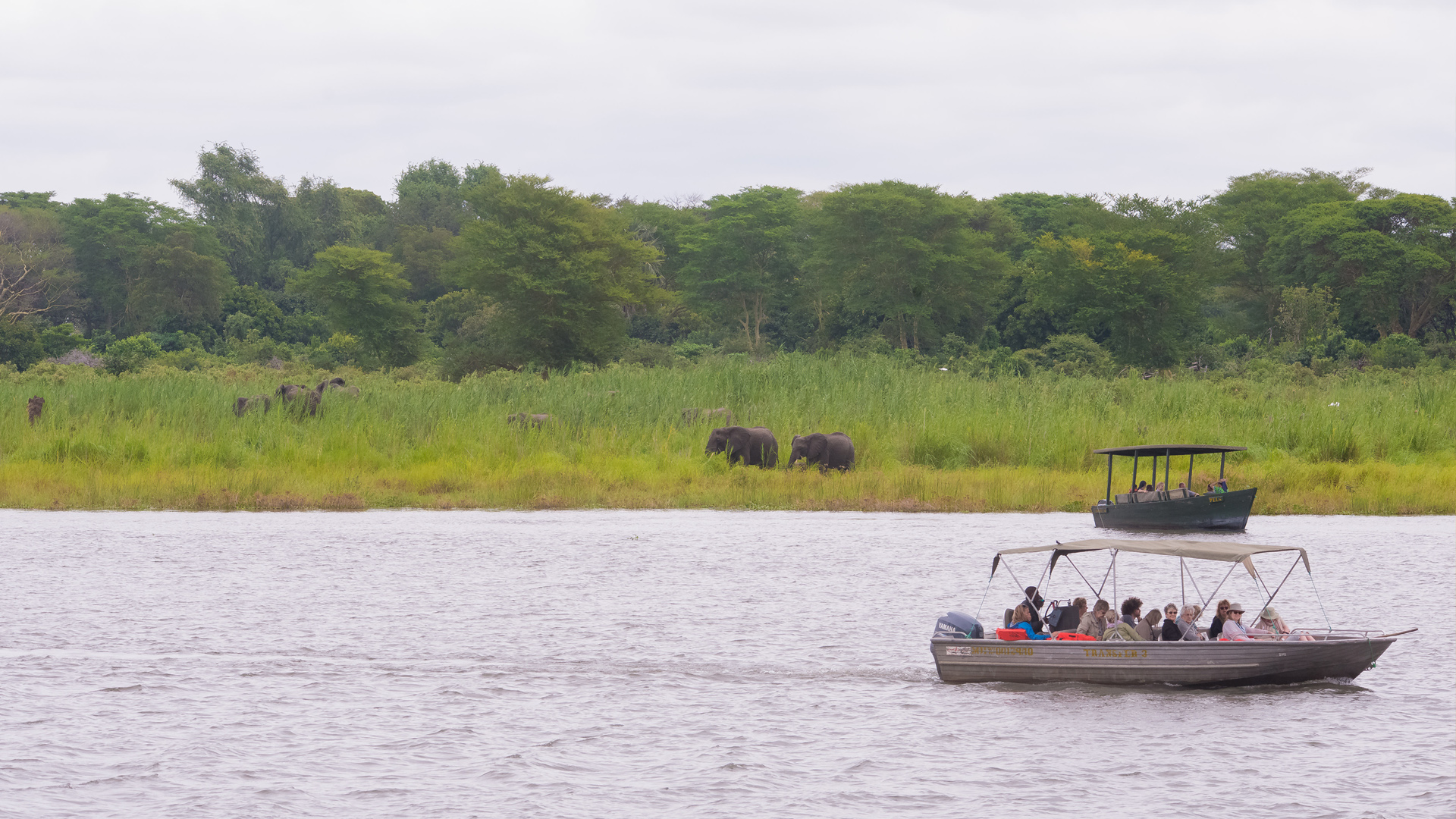
Boat safaris: Liwonde National park is very renowned for its boat safari during which you will have the opportunity to get very close to hippos and crocs but also experience the amazing birdlife.
Game drives: Game drives are also offered by lodges located in Liwonde, this offers an opportunity to cover more ground and get closer to the land animals.
Who the park for:
Liwonde is a must-do for those who want a top notch safari away from the crowds. There are just 3 lodges within the park which means you can get close to the wildlife without the company of several other safari vehicles.
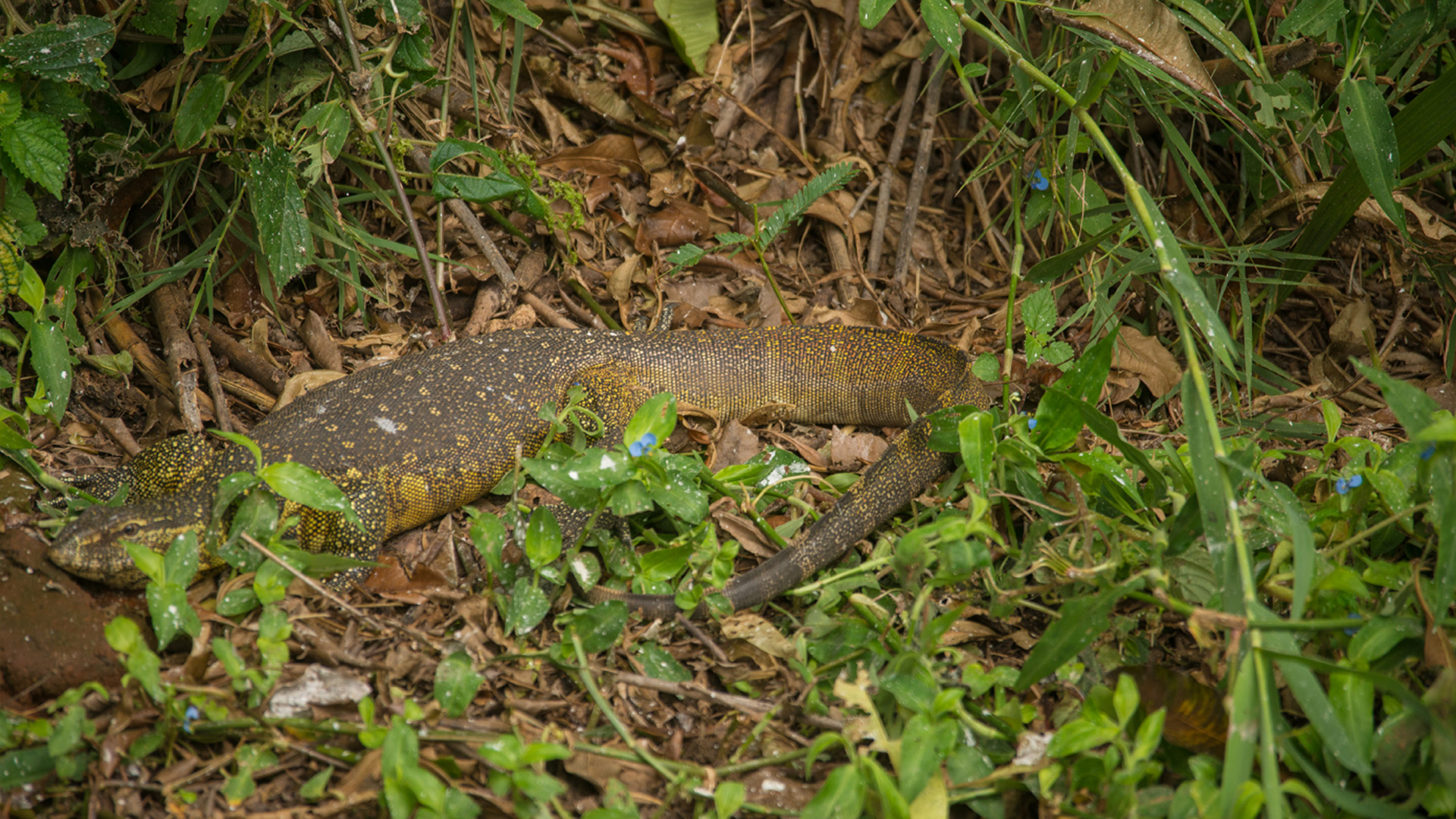
Liwonde is a conservation success story and with each day it is getting better, watch as the animal populations thrive! Are you an avid twitcher? Some specialists say it offers the best bird watching in Southern Africa.
Park entry fees
Non-resident foreigner: USD10/person/day. Resident foreigner: USD7/person/day
Malawi citizen: MWK450/person/day. All below age of 12 years: NIL
Vehicle entry fees: USD5/vehicle/day
- July 6, 2019
- 3566
- Uncategorized
- 0 comment

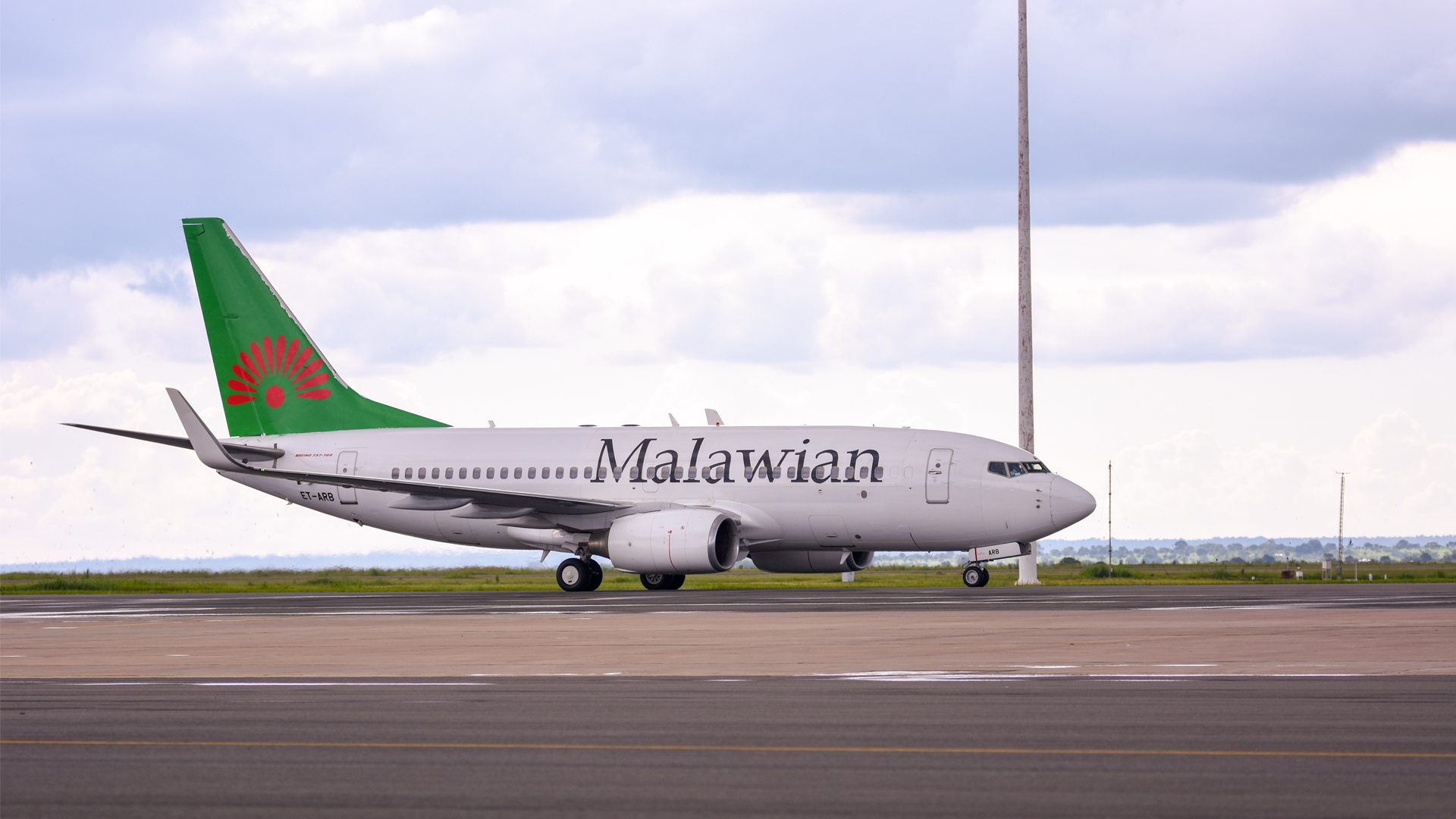
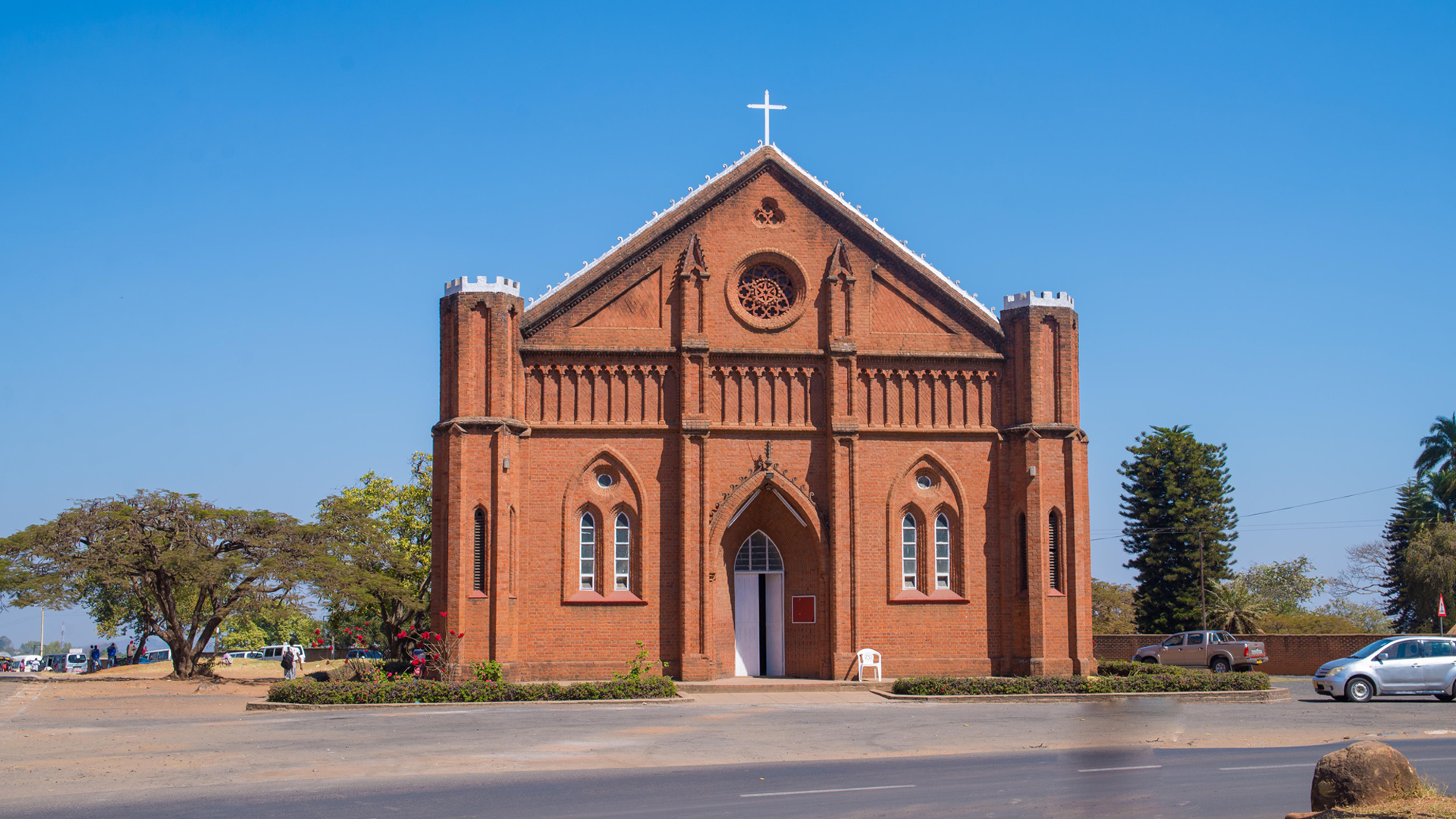
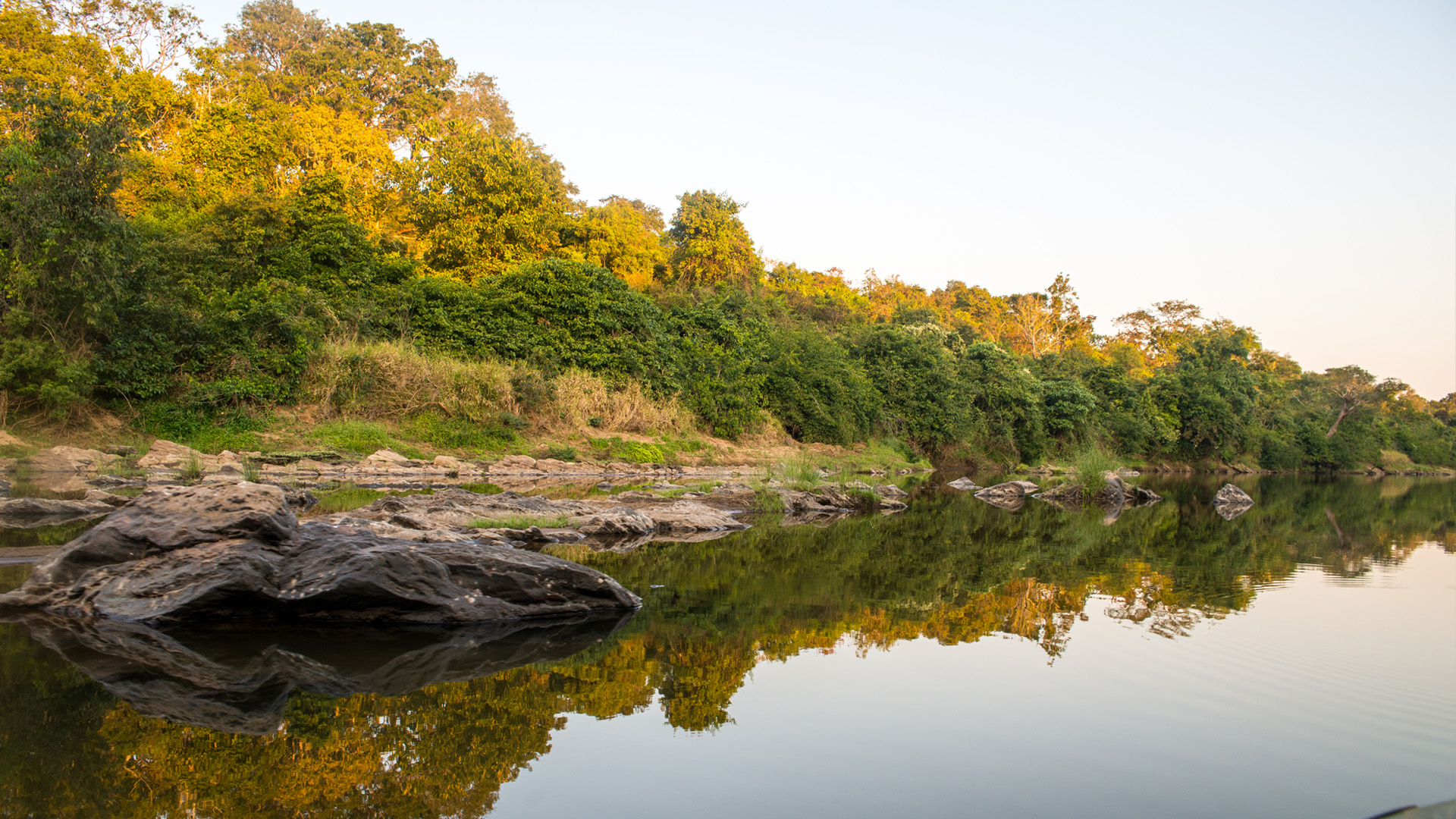
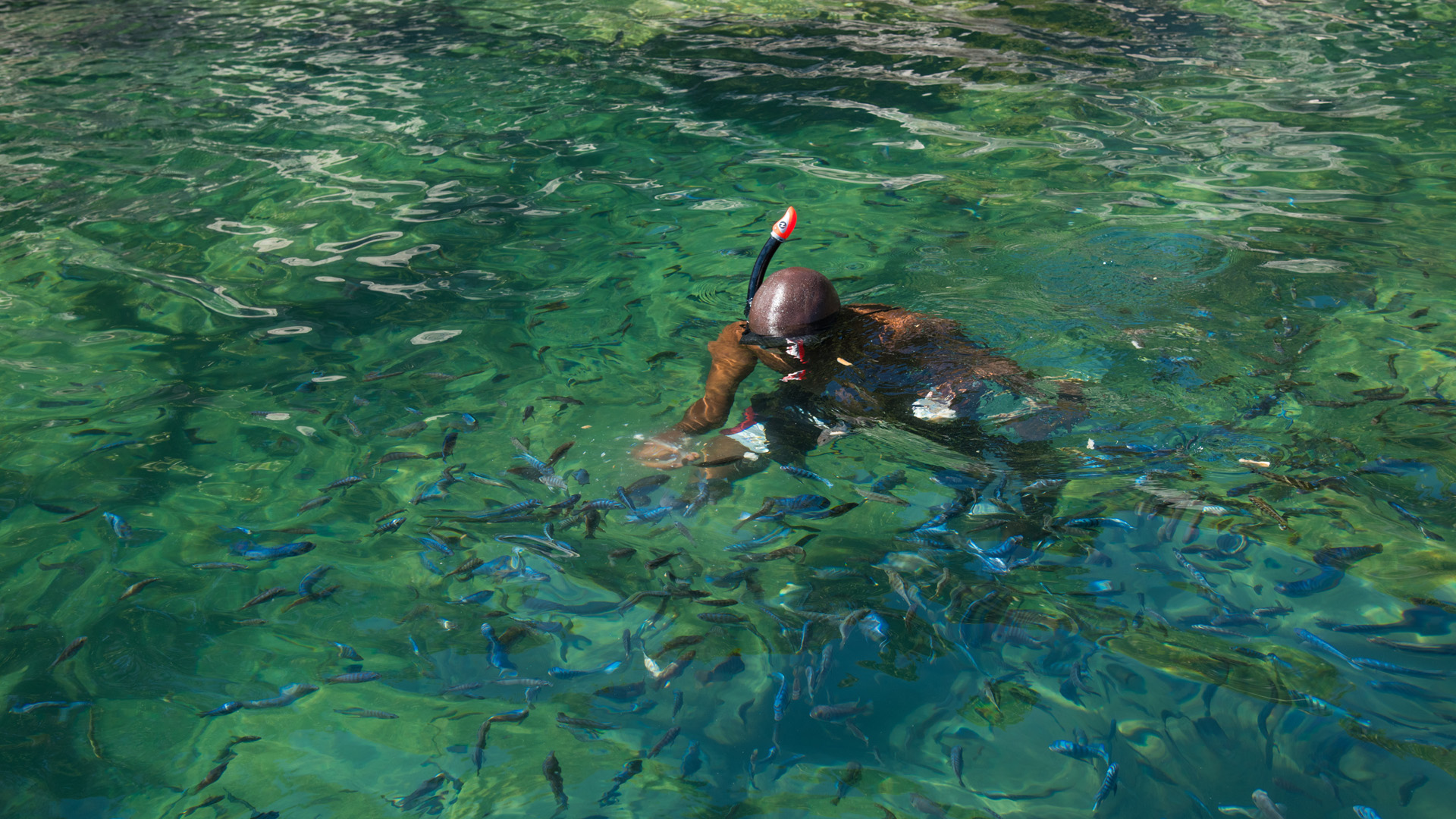
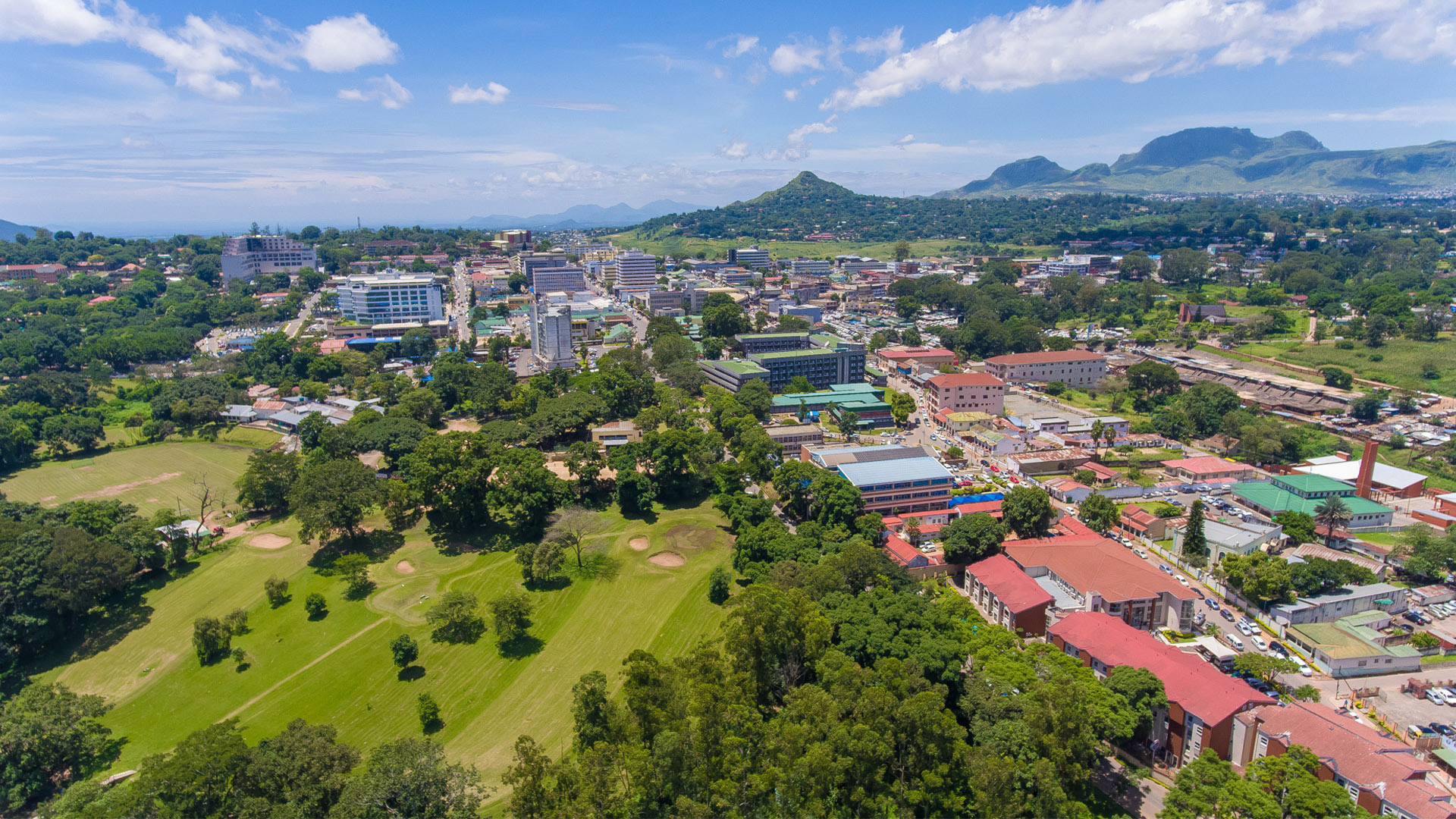

Add Comment